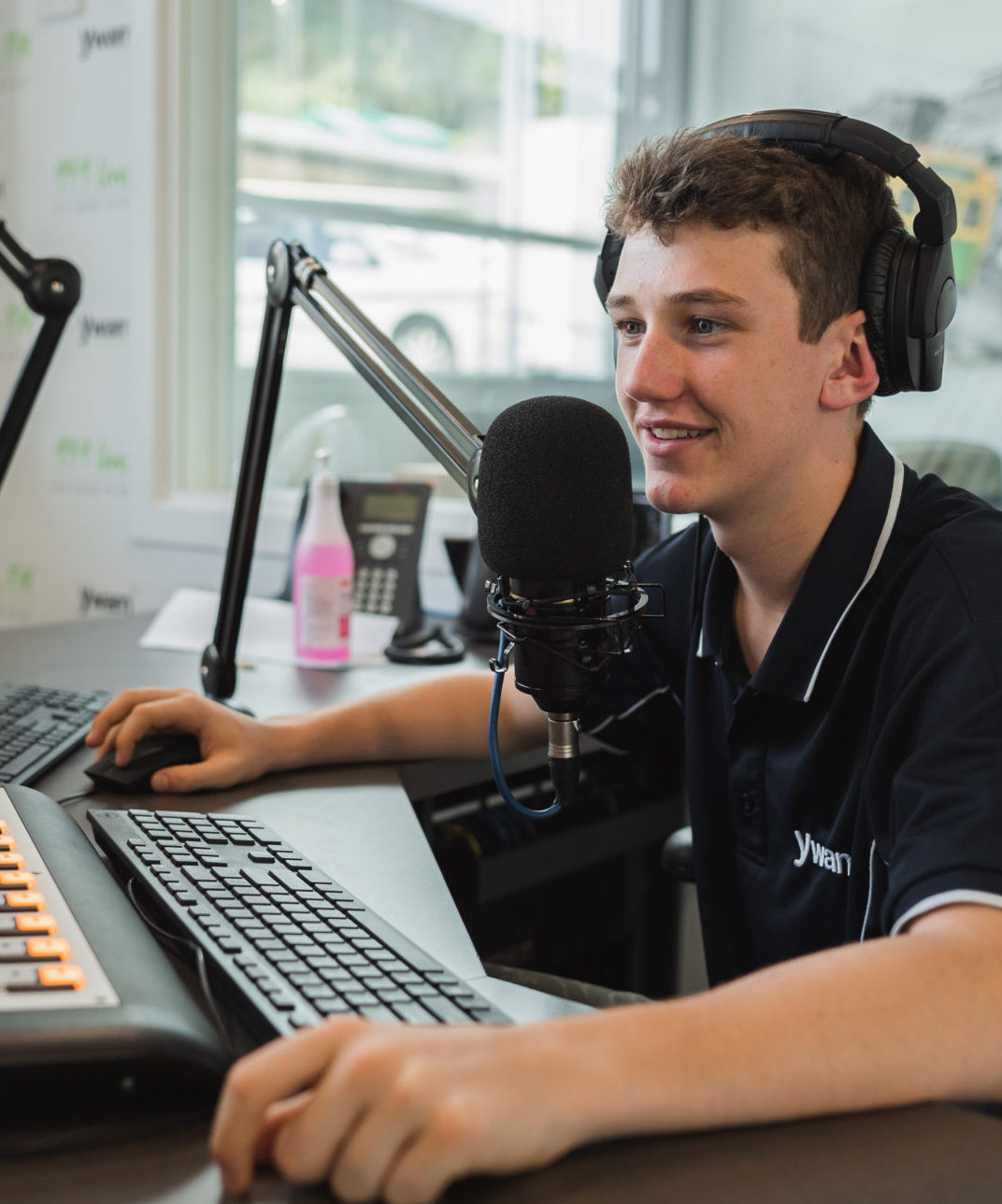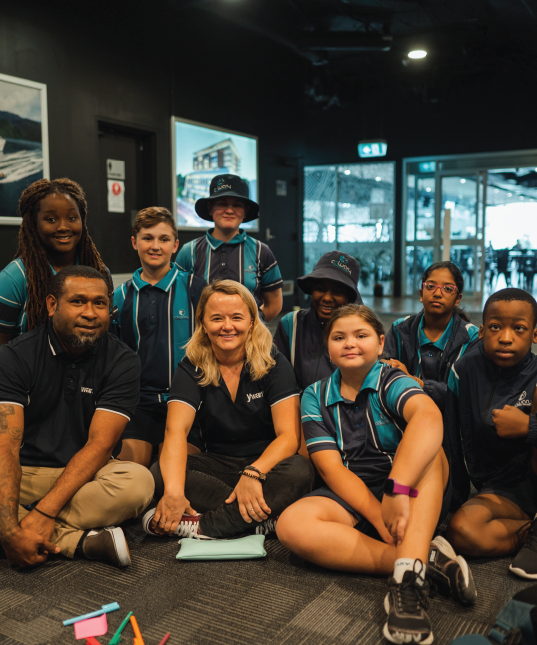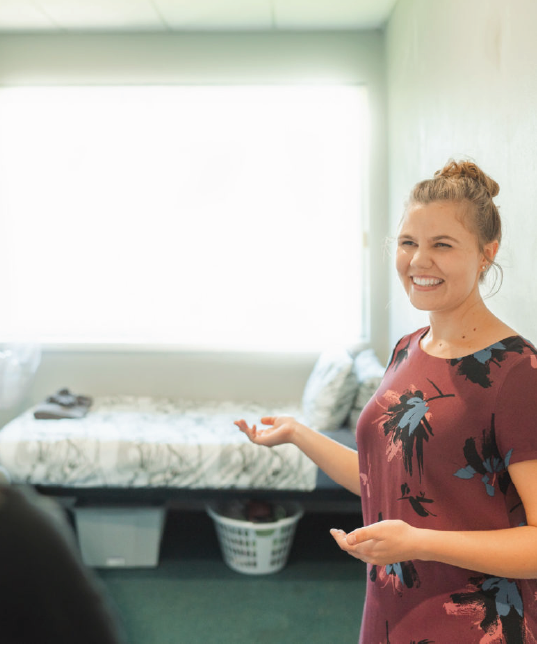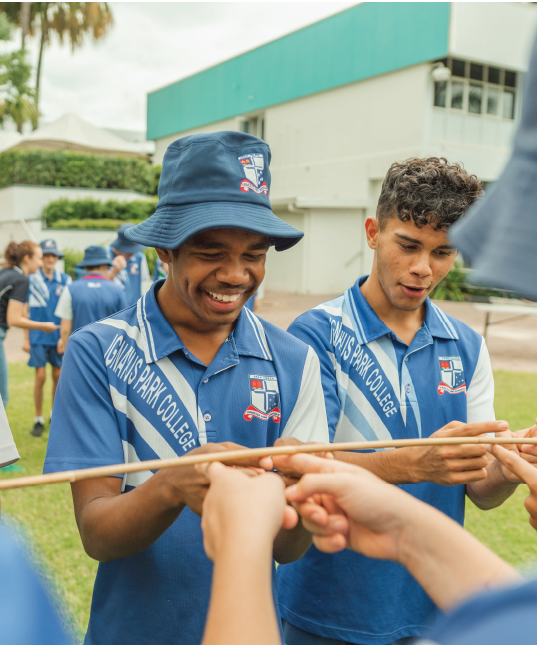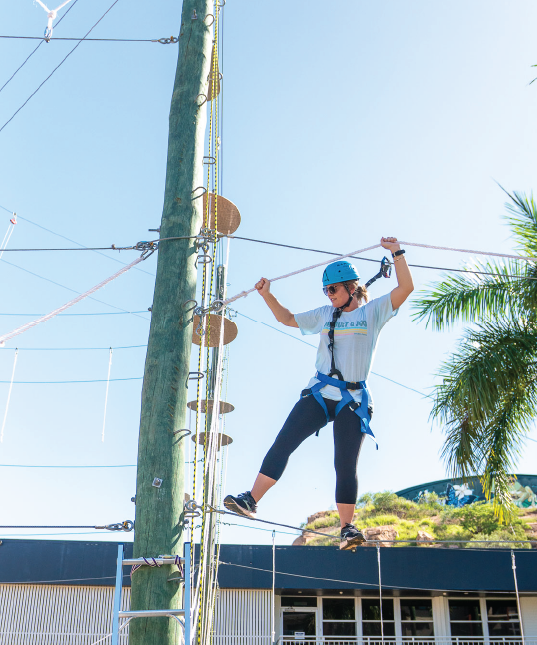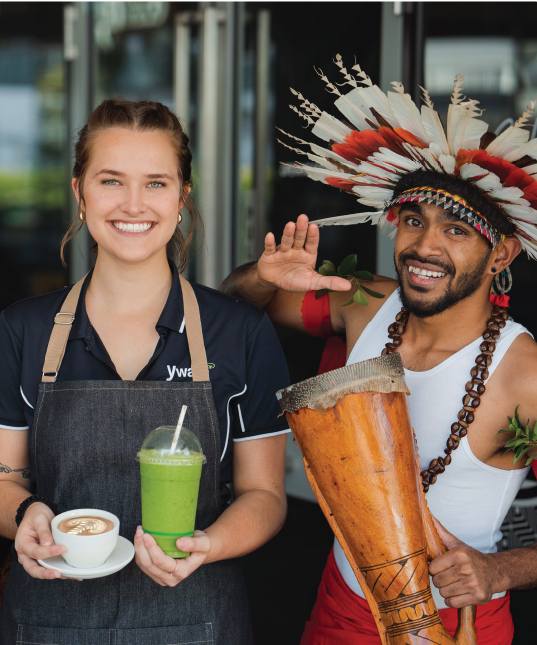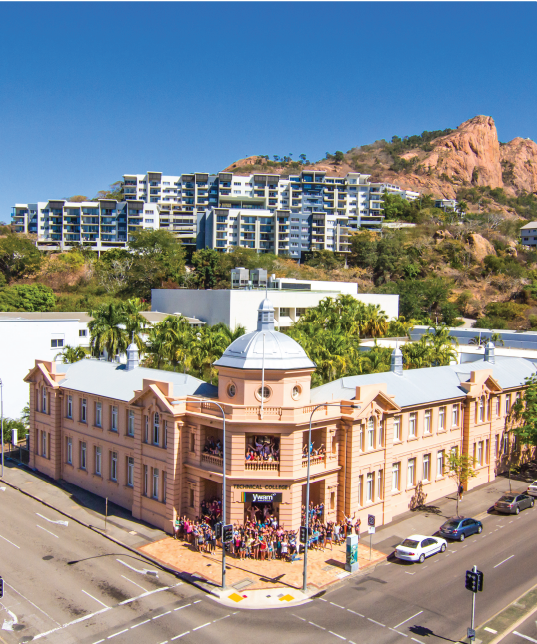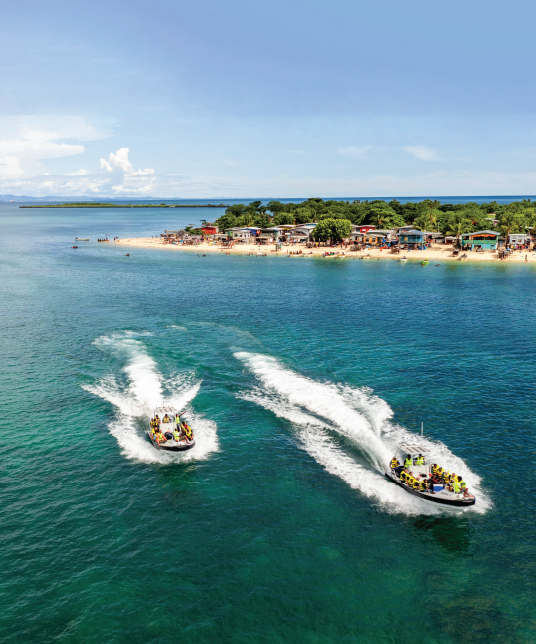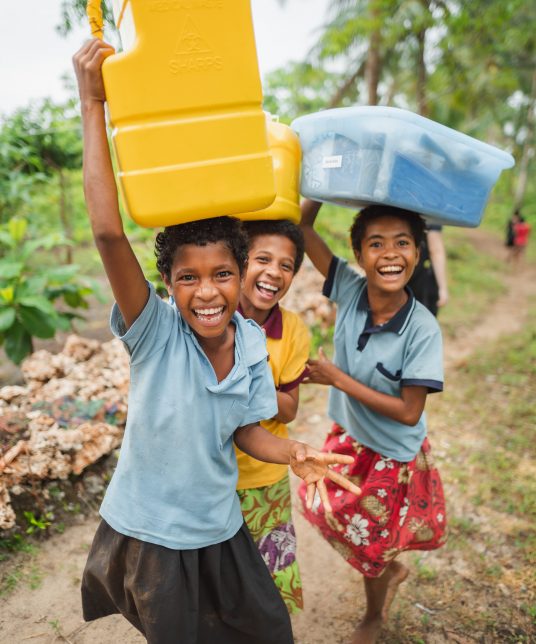Milne Bay Province is the biggest maritime province in Papua New Guinea.
Within the province there are more than 600 islands, 48 languages, and a coastline so beautiful, you would think you are lookingat a postcard.
Nestled in the Solomon Sea, 182 kilometres from Papua New Guinea’s mainland, is Gawa Island. Over 1,000 people call Gawa home; their village is perched on a plateau surrounded by cliffs, dense jungle and a breathtaking view.
In the midst of incredible beauty, Gawa people deal with the daily challenges that come with isolation, including access to healthcare services. A visit to the closest hospital requires a steep one-hour descent to the island’s beach, followed by a 6-hour dinghy-ride to Kiriwina Island.
During the MV YWAM PNG’s visit to Gawa Island this month, a small victory over isolation was celebrated when a group of strong local men, YWAM’s crew, and the Milne Bay Provincial Health Authority’s (MBPHA) Cold Chain Officer delivered a solar powered vaccine fridge to Gawa Island’s aid post.
MBPHA’s Cold Chain Officer, Sonney Duambe, said they’ve had difficulties getting the vaccine fridge to the island for over five months.
“We really wanted YWAM to visit Gawa Island so we could deliver this vaccine fridge; accessing our province’s outer islands can be such a challenge for us.”
“The aid post previously had a gas vaccine fridge, but due to their location, delivering gas cylinders was incredibly difficult – they’ve been without vaccine supply since 2014,” said Sonney.
The fridge started its journey over a reef in a canoe (after being transported in YWAM’s small boat from the MV YWAM PNG) before it was secured on a ‘stretcher’ with rope.
A group of 12 men then shouldered the weight of the fridge up steep terrain as they trekked to the top. The climb took the men two and a half hours.
Once they made it to the top, the solar panels were installed on the aid post’s roof, the fridge was stocked with vaccines, and the health workers were given training by Sonney in how to use the new fridge.
Over 3,000 people in the region now have access to vaccines, protecting children against preventable diseases such as measles, rubella, polio, tetanus, diphtheria, hepatitis B, and Tuberculosis to name a few.
“This is a great outcome that we’ve been able to achieve together, I’m very grateful!” said Sonney.
Over 11 days, the MV YWAM PNG visited 21 villages along the Alotau North Coast and Woodlark/Murua Island group. Over 4,000 people received health care and training.
